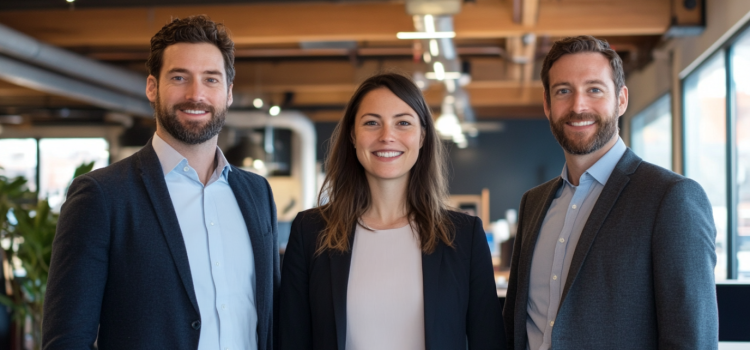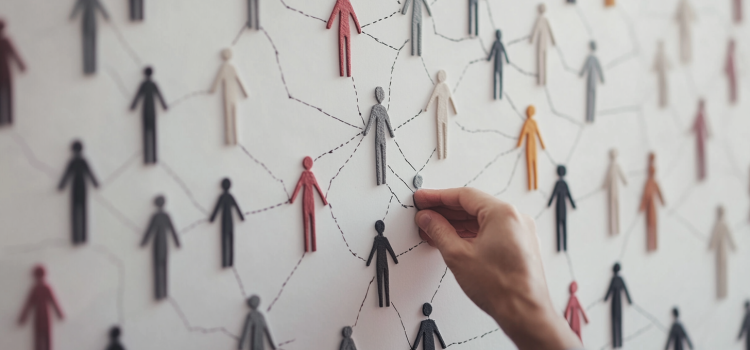What causes entire generations to become less interested in civic life? How did major historical events and technological changes impact America’s social capital? In his book Bowling Alone, Robert Putnam identifies generational attitudes as the primary driver behind America’s declining civic participation. The unique experiences of different generations created distinct perspectives on social responsibility. Read on reading to see how these generational shifts occurred, why social capital flourished after World War II, and what patterns offer hope for rebuilding our connections.
How Generational Attitudes Shape Social Capital (Robert Putnam)










